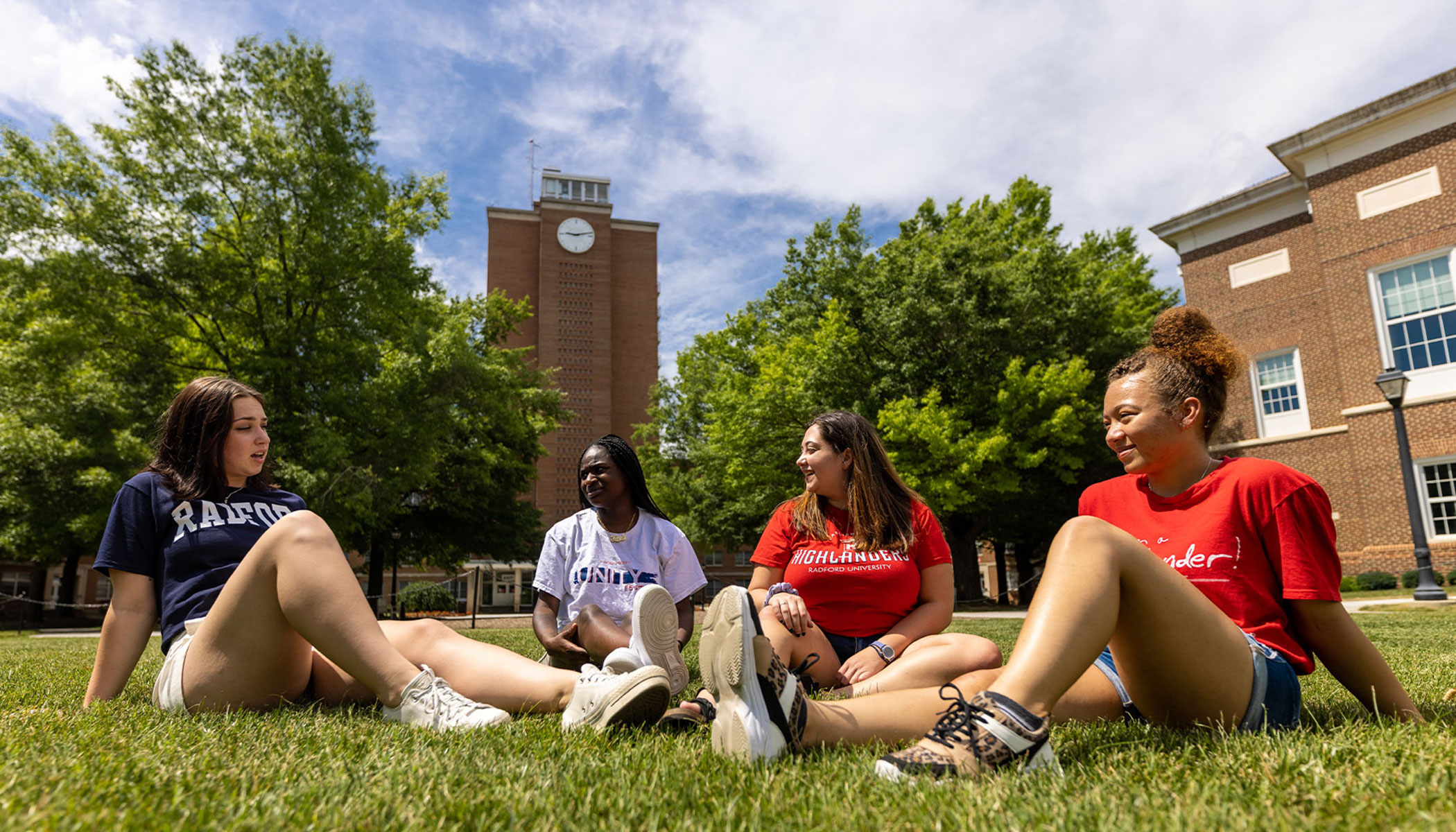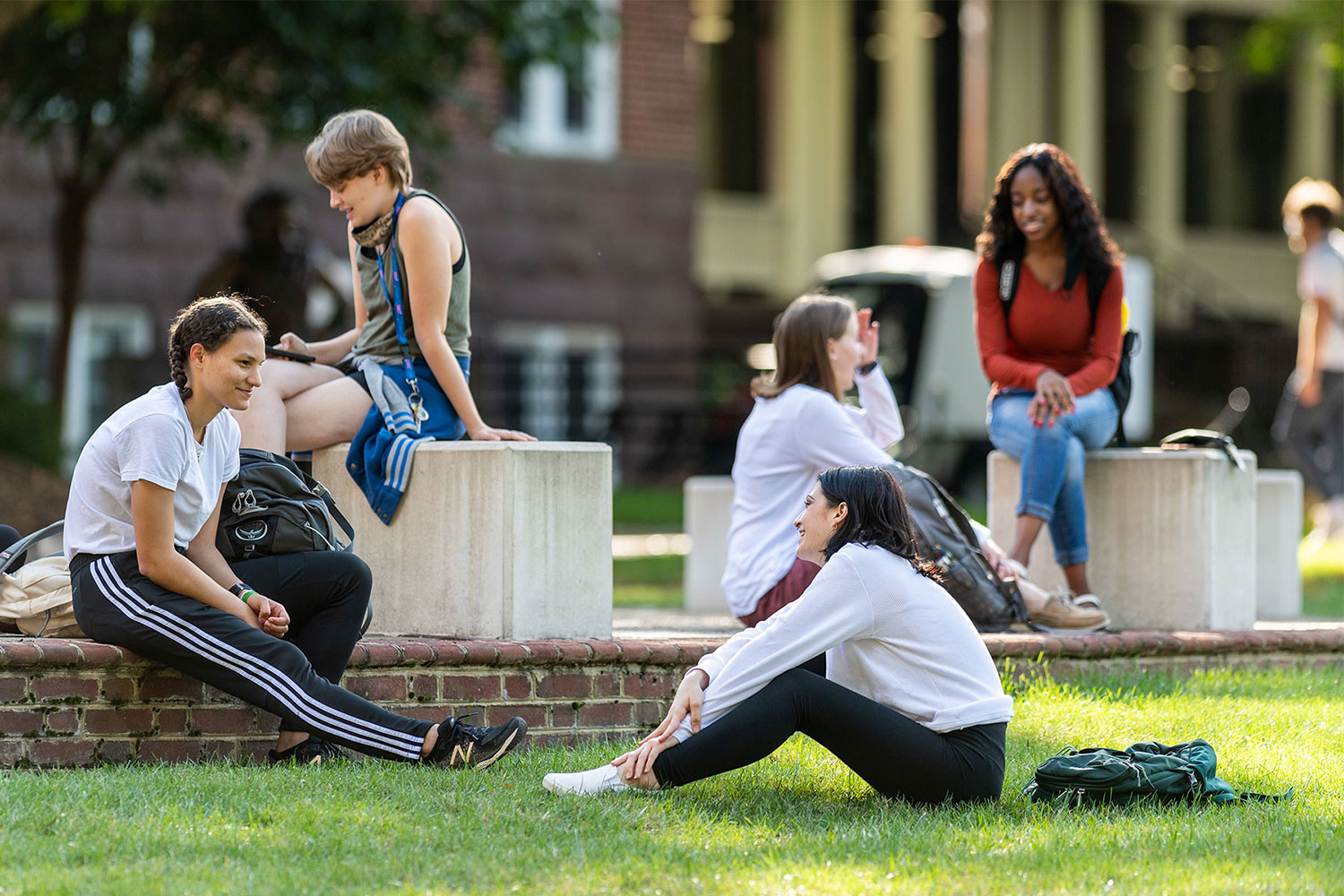Radford University
Student Counseling Services

Welcome, Highlanders!
Student Counseling Services (SCS) provides free, confidential, mental health services for eligible students. Please contact our main campus office to schedule your first appointment through email, call 540-831-5226, or stop by our office in Davis Hall 008.
You must present a valid photo ID at your first face-to-face or tele-behavioral health appointment (Radford ONE Card, Driver's License, etc.)

Need to Talk Now?
If you are in crisis (risk of hurting yourself and/or others, and/or experiencing hallucinations of any kind) please come to our office immediately for assistance. We are open Monday - Friday, 8 a.m. - 5 p.m. When our office is closed, you can contact community resources:
- Radford University Police Department: 540-831-5500
- ACCESS: 540-961-8400
- CONNECT: 540-731-7385
- National Suicide Hotline: dial 9-8-8
- Crisis Text Hotline: text 741741
Contact Us
Davis Hall 008
We are available in the office Monday - Friday from 8 a.m. - 5 p.m.
Please note: Monday - Thursday, 5 p.m. to 8 p.m. are reserved for prior scheduled appointments, completing paperwork, and scheduling of new appointments. Crisis interventions are unavailable during these evening hours. If you require immediate assistance or have an urgent matter after 5 p.m. and on weekends, please contact one of the community crisis resources.
- Phone:
- Main Campus: 540-831-5226
Radford University at Carilion: 540-831-1691 - Email:
-
Main Campus: scs@radford.edu
Radford University at Carilion: rucwellness@radford.edu - Related links:


